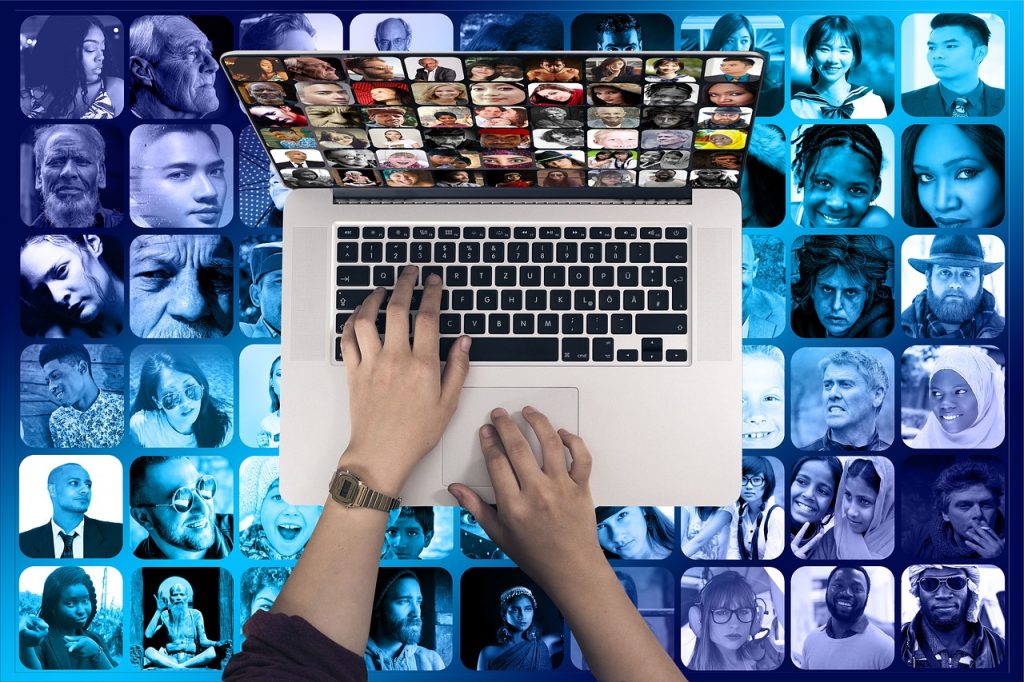In our latest blog, Dr Amy McKee, the head of our psychological profiling division, discusses the issues surrounding FOMO – the Fear Of Missing Out – a social anxiety characterised by a desire to continually stay connected with what others are doing. Of course, social media platforms play an essential role in facilitating this and Dr McKee outlines why this shouldn’t always be viewed as a negative trait.
 Do you suffer from FOMO?
Do you suffer from FOMO?
Why is The Fear Of Missing Out so present in our lives that the phenomenon deserves its own hashtag? There is an acknowledged exponential increase in people taking social media breaks, limiting their screen time and installing apps that will do this for them as they feel so unable to self-manage. Are people therefore addicted to social media and if so, why? So many people bemoan the turgid world of updates on people’s day to day insignificance, yet underneath all that is the co-existing fear of “what if I don’t know what’s happening?” That’s the world we now live in. The world of ‘what if’s’, the world of online social comparison, online identity and how we think that might reflect on us in the offline world.
Why do we need social approbation?
Social media in many respects is actually designed to drive social comparison and addictive scrolling behaviour. For example, there’s the ever present ‘like’ button…why do we need people to like our posts? It’s there lurking at the bottom of every post on Facebook, Twitter, Instagram and Pinterest. What does a like give us? Well, actually it gives us many things. It reaffirms that people are interested in us, care about what we are doing, are spending the time acknowledging us and thus stimulating our brains ‘reward centres’. It’s almost a Pavlovian conditioning – press the lever, get a reward…now it’s post a photo, get a like. But that can become almost addictive – because now we’ve had the reward where’s the next one coming from? Indeed, it’s more compelling even than that, because Pavlov’s dogs weren’t comparing their treat with others, weren’t scanning their environment for what else might be available. We are now acutely aware of others’ achievements, dreams and goals.
 And is it such a bad thing that we are seeking connection with others, deriving pleasure from them offering us praise and reinforcement. The bonds of community that many insist we have lost are now there in ever-present format online and people share their interests and activities, their highs and their lows. We can see in the online environment what floats someone’s boat in the offline environment. And that can bring its own rewards, because then offline conversations can start with a known shared common purpose, value or experience. We have knowledge of what’s happening in our friends’ and colleagues’ lives that are important to them. So is that addiction or the human condition – to want to know how to connect with people?
And is it such a bad thing that we are seeking connection with others, deriving pleasure from them offering us praise and reinforcement. The bonds of community that many insist we have lost are now there in ever-present format online and people share their interests and activities, their highs and their lows. We can see in the online environment what floats someone’s boat in the offline environment. And that can bring its own rewards, because then offline conversations can start with a known shared common purpose, value or experience. We have knowledge of what’s happening in our friends’ and colleagues’ lives that are important to them. So is that addiction or the human condition – to want to know how to connect with people?
Maybe it shouldn’t be a fear of missing out, perhaps we could redefine the phenomenon as POBI …the Pleasure Of Being In?